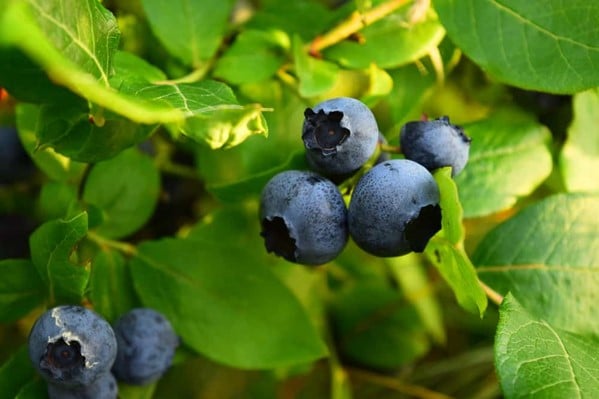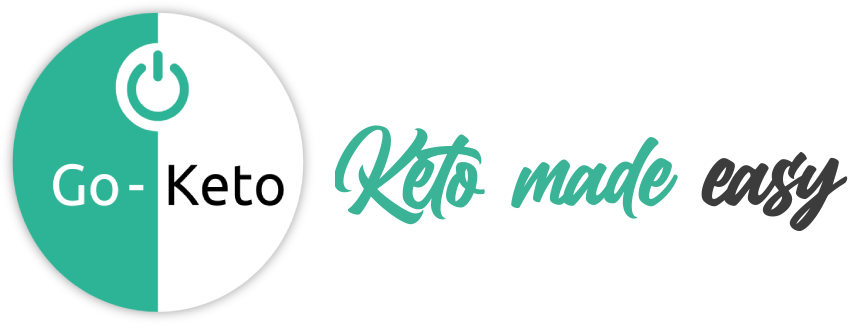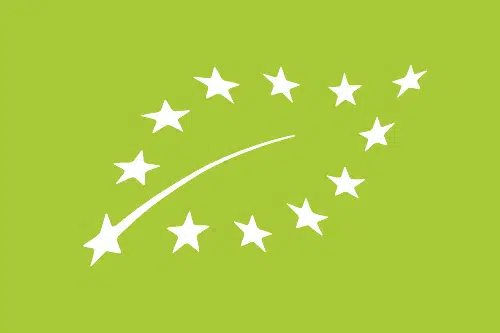Resveratrol is one of the most researched polyphenols. Polyphenols are found in vegetables, fruits and herbs. Resveratrol is a polyphenol that plants produce to protect themselves against fungi, viruses, bacteria, UV light and insects. It is considered part of their natural “defense mechanism” to protect their sensitive tissues against disease. It is widely believed that its health benefits are due to its antioxidant and anti-inflammatory roles in the body.
What is Resveratrol?
Resveratrol is an antioxidant that is mainly present in the seeds, stems and skins of red grapes (Vitis vinifera). The skins contain the highest concentration of resveratrol. The best-known source of Resveratrol is in the skin of red grapes.
Resveratrol’s physical name is phytoalexin. This means combating bacteria and fungi, because it is an antibiotic substance in itself. It is widely believed that its health benefits are due to its antioxidant and anti-inflammatory roles in the body.

What food sources contain Resveratrol:
Resveratrol is mainly found in the skins of the red grapes (vitis vinifera). That’s why this powerful antioxidant is often associated with red wine. Unfortunately, 1 glass of good quality French red wine on average has just 0,5 – 1 mg resveratrol.
And excessive alcohol consumption is not good for your health, which is why a Resveratrol supplement can be a good addition to the daily diet.
Other sources: Red grapes (vitis vinifera), red wine, dark berries, plums, jackfruit, peanuts, cocoa, Japanese knotweed.
Polyphenols are organic compounds found in all fruits and plants food. Curcuma, green tea extract, resveratrol and vine OPC (oligomeric proanthocyanidins) are polyphenols. They are partly responsible for the taste of our food. In addition, they can be responsible for the color in food, for example curcuma turns yellow and OPC is responsible for a blue-purple color. By eating many different colors of fruit and vegetables, you get a variety of polyphenols. This is part of a varied, healthy diet. The function of the polyphenols changes with the change of the chemical structure. The great diversity of polyphenols in nature provides a broad spectrum of functionalities.
Resveratrol in Supplements
There are many dietary supplements with resveratrol available on the market. You should always choose natural instead of synthetically produced resveratrol. There are resveratrol supplements from Japanese knotweed, but the bio-availability is limited. Which means your body can not easily use it. Also it’s doubtful if a supplement with just resveratrol really helps.
Resveratrol at Swiss Point of Care
We believe that resveratrol is most effective in combination with other polyphenols. The synergy between the polyphenols influences the bioavailability and the potency. And dark red grapes with thick skins are filled with many different polyphenols. Nature knows best ! That’s why at Swiss Point of Care we chose PolyphineR, a unique extract developed in Switzerland. PolyphineR is made from special grapes in the South of France, using the grape skin, the flesh and the seed. Giving you not just Resveratrol, but also the OPCs, Anthocyanins and Flavonols etc. Enriched with COQ10, Vitamin C and Thiamin to give you the best formulation on the market.
Side Effects?
Resveratrol is safe to take as it is recognized as safe by the European Food Safety Authority (EFSA).
So far, studies have not discovered any severe side effects, even when resveratrol is taken in large doses. However, these supplements might interact with blood thinners like warfarin (Coumadin), and NSAID medications like aspirin and ibuprofen. That may raise your chance of bleeding.
Health benefits Resveratrol
In the early 90s Dr. S. Renaud and Dr. Michel de Lorgeril identified the positive link between red wine and cardiovascular disease. Their discoveries were published in 1992 in the renowned journal The Lancet. Since the scientific publication of the health benefits of polyphenols and resveratrol, the literature, including clinical studies and controlled trials, in the PubMed database has grown to over 14,000 scientific papers. And more studies are done every day.
Resveratrol seems to help protect the body against a variety of diseases including: Alzheimer’s disease, cancer, diabetes and cardiovascular disease.
Evidence for these health effects is still being assessed by the European Commission:
Herbal preparations fall under the Commodities Act and therefore no medical claims may be made for them. Health claims are allowed, but their use is subject to certain rules. The European Commission has not yet taken a decision on this, which means that the health claim submitted to EFSA is ‘on hold’. These claims may still be used until the Commission has made a final decision.




